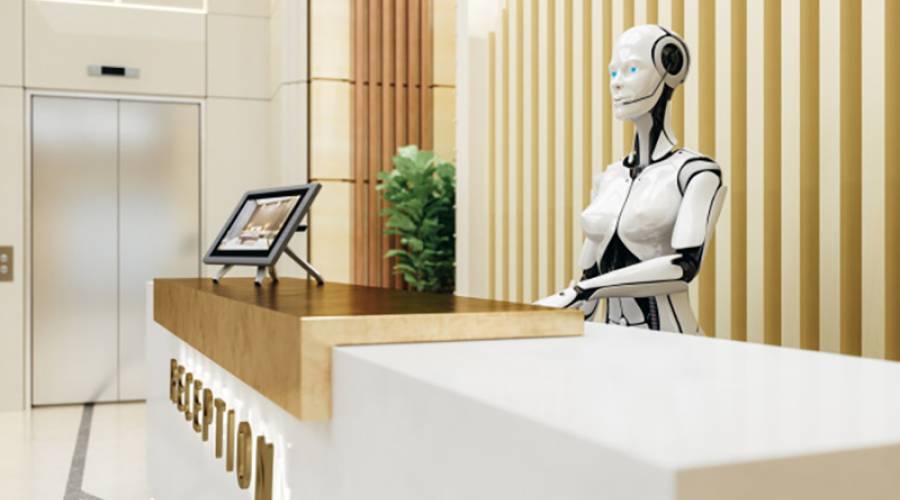
Revolutionizing Hospitality: A Modern Approach to Hotel Management
Explore seamless digital experiences, eco-friendly stays, and personalized services powered by AI. From contactless services to community engagement, delve into trends shaping unforgettable travel experiences.
In the ever-evolving landscape of travel and tourism, hotel management plays a pivotal role in shaping the guest experience. As we navigate the currents of the 21st century, the hospitality industry is undergoing a transformative journey, embracing technology, sustainability, and personalized services to cater to the needs of today's discerning travelers. Let's explore the key aspects of modern hotel management that not only enhance the stay for tourists but also contribute to the sustainability and efficiency of the industry.
1. Seamless Digital Experience:
In the era of smartphones and smart devices, hotels are leveraging technology to provide a seamless digital experience for their guests. Mobile check-ins, keyless room entry, and personalized mobile concierge services are becoming standard practices. These advancements not only save time for tourists but also enhance security and streamline hotel operations.
2. Sustainability Initiatives:
With an increasing awareness of environmental issues, tourists are seeking eco-friendly accommodation options. Modern hotel management is responding by implementing sustainable practices, such as energy-efficient systems, waste reduction, and locally sourced materials. Green certifications and initiatives like recycling programs are becoming badges of honor for hotels committed to reducing their ecological footprint.
3. Personalization and Artificial Intelligence:
Understanding the individual preferences of guests is crucial in delivering a memorable experience. AI-driven systems analyze data from guest interactions, enabling hotels to tailor services to individual preferences. From personalized room settings to curated recommendations for local experiences, artificial intelligence is revolutionizing how hotels engage with their guests, making each stay unique.
4. Contactless Services:
In response to global events that emphasize the importance of health and safety, contactless services have become a top priority for hotels. Online reservations, digital menus, and touchless payment options ensure a hygienic environment for guests. This not only aligns with current health concerns but also contributes to a more convenient and efficient guest experience.
5. Community Engagement:
Modern hotel management goes beyond the confines of the hotel property. Establishing connections with the local community enhances the overall tourist experience. Hotels are collaborating with local businesses, organizing cultural events, and promoting sustainable tourism practices to create a positive impact on the destination and foster a sense of community.
6. Training and Development:
Investing in the training and development of hotel staff is integral to providing exceptional service. In the current era, where cultural sensitivity and diversity are valued, staff training programs focus on creating inclusive and welcoming environments. Well-trained, motivated staff members contribute significantly to the success of a hotel and leave a lasting impression on guests.
In conclusion, hotel management in the current era is about embracing change and staying ahead of the curve. By integrating technology, sustainability, personalization, and community engagement, hotels can create an experience that goes beyond just accommodation. Tourists today are not merely looking for a place to stay; they seek an immersive and memorable journey, and modern hotel management is at the forefront of delivering just that. As we continue to witness the evolution of the hospitality industry, one thing remains clear: the key to success lies in the ability to adapt and innovate, ensuring every guest feels not just welcomed, but truly at home.






